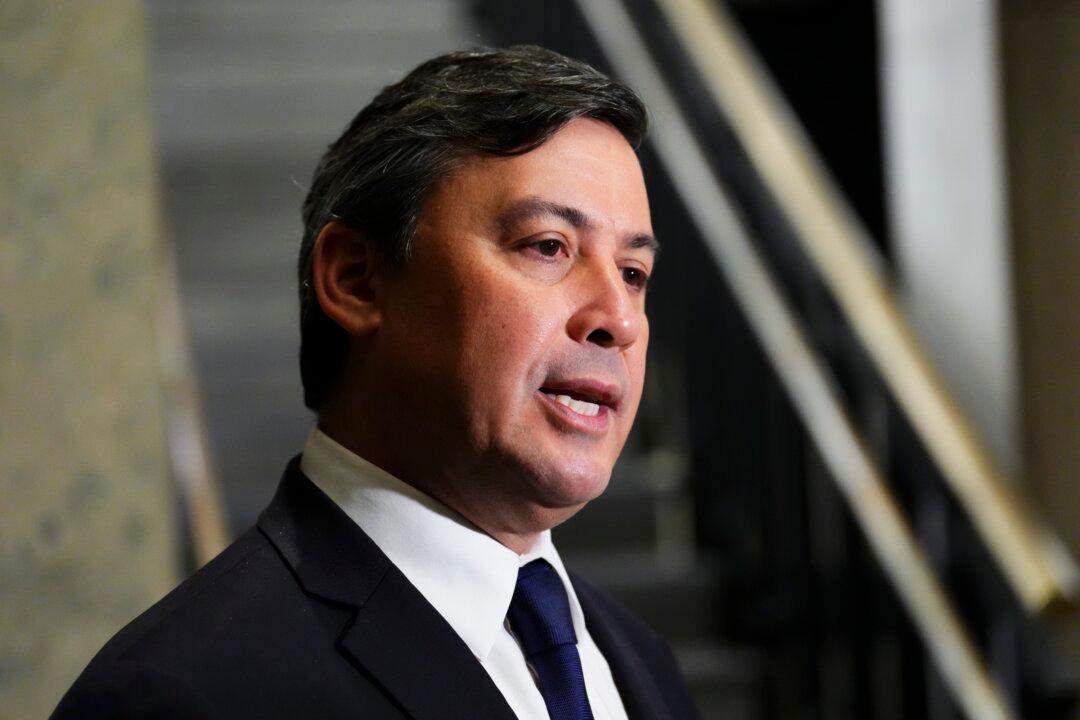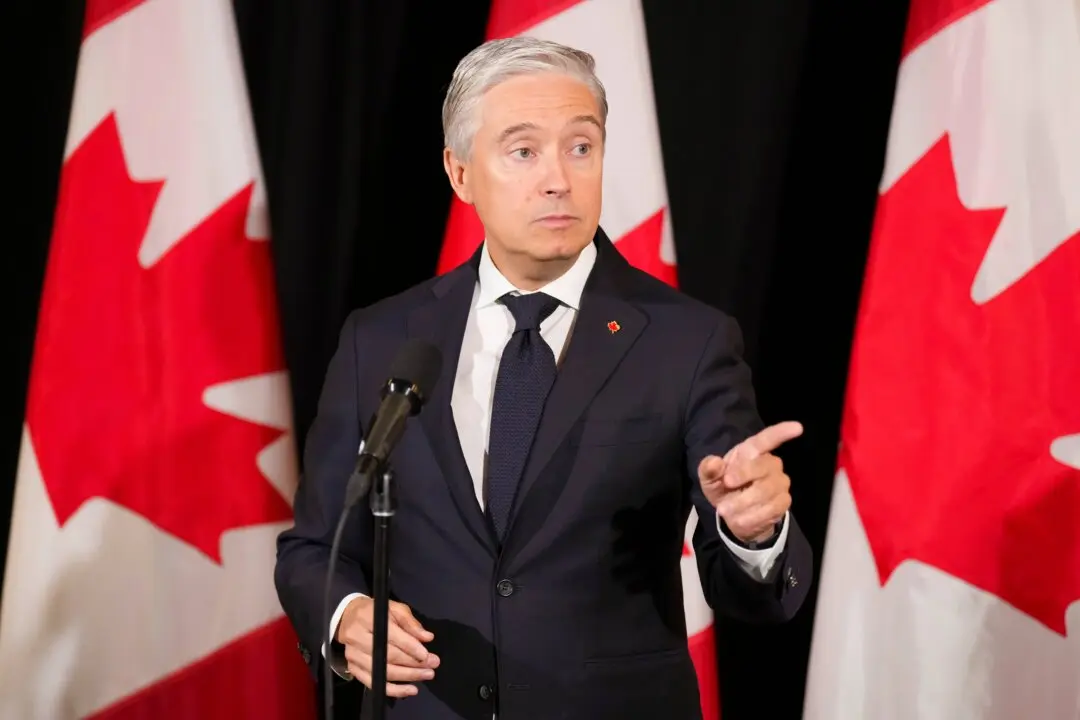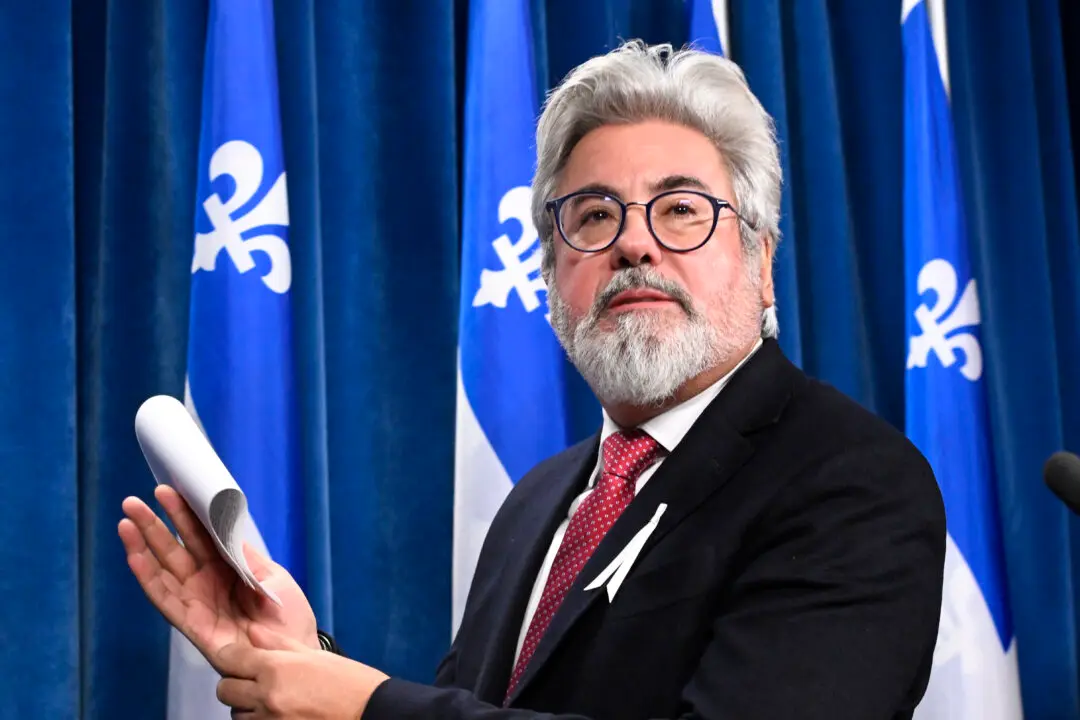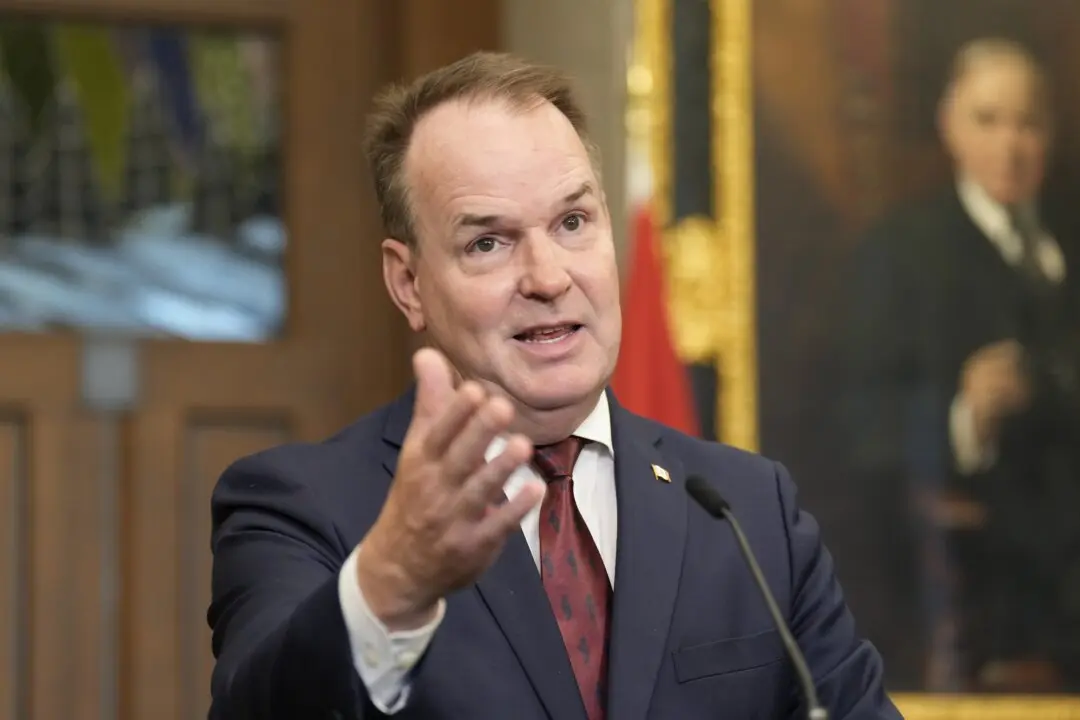The United States and Canada should cooperate more closely on taking legislative action and exposing Chinese interference in order to reduce the Beijing regime’s threat, Conservative MP Michael Chong told a U.S. commission.
Mr. Chong, who’s been personally affected by Beijing’s attempts to meddle in Canadian politics, was in Washington, D.C., on Sept. 12 to testify before the Congressional-Executive Commission on China.





